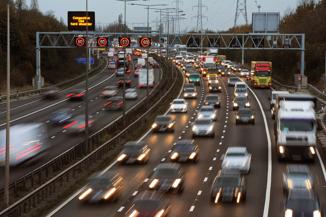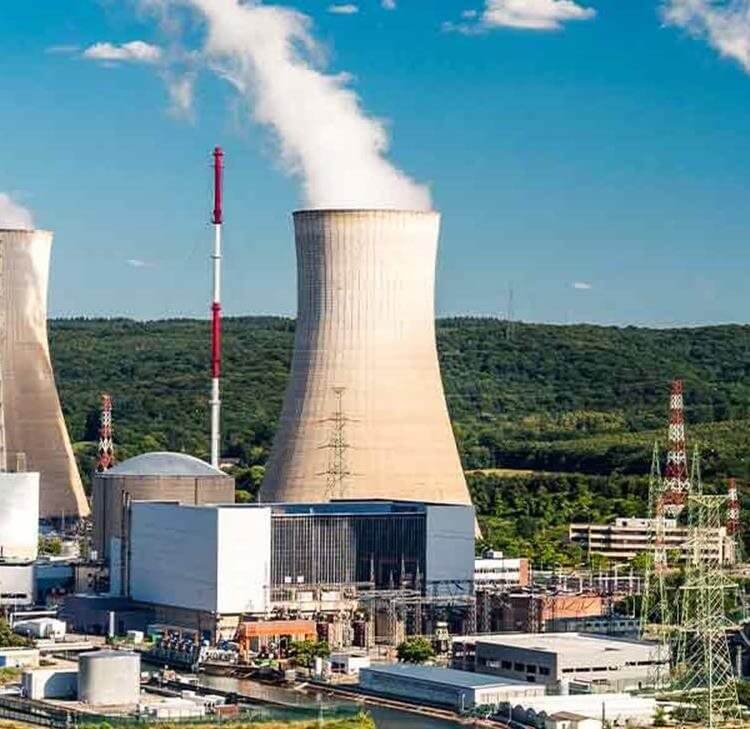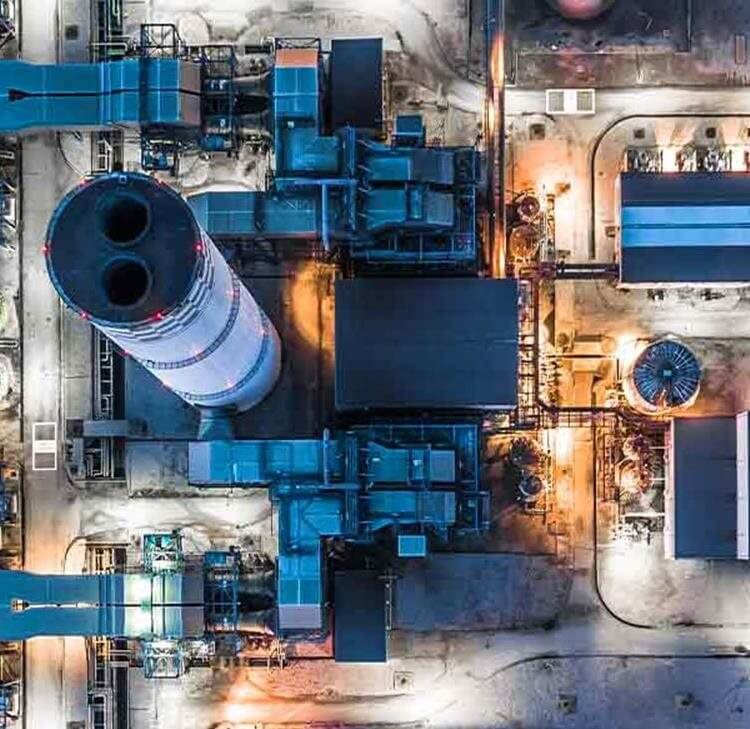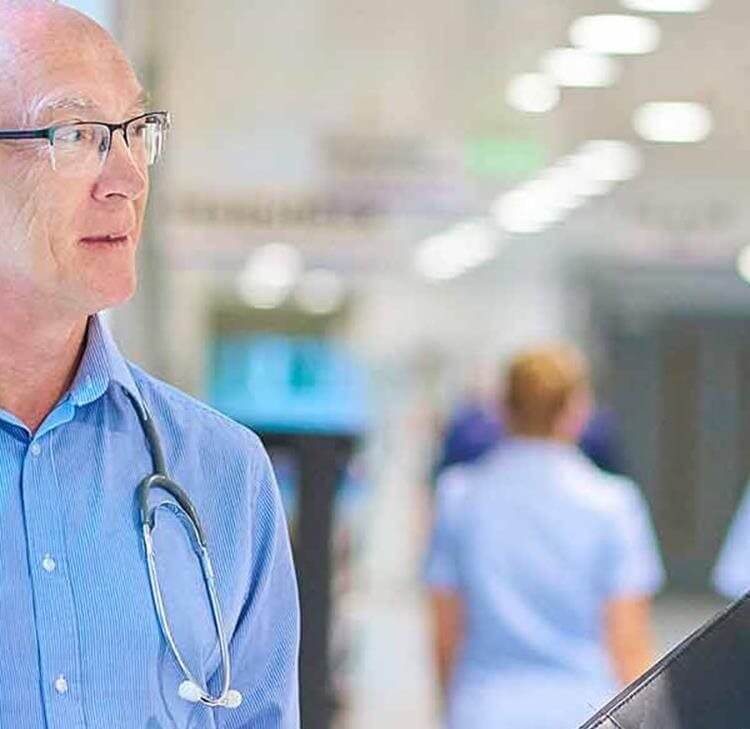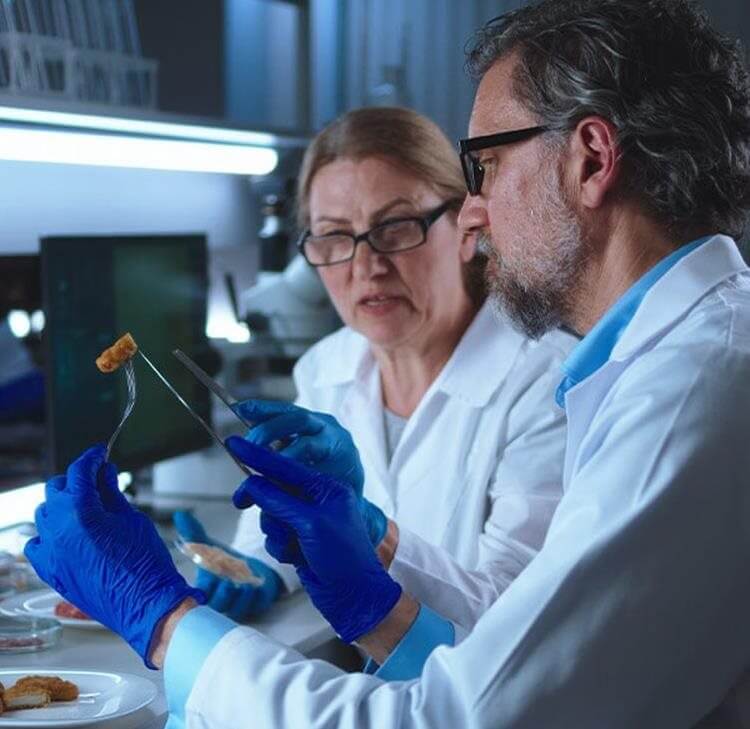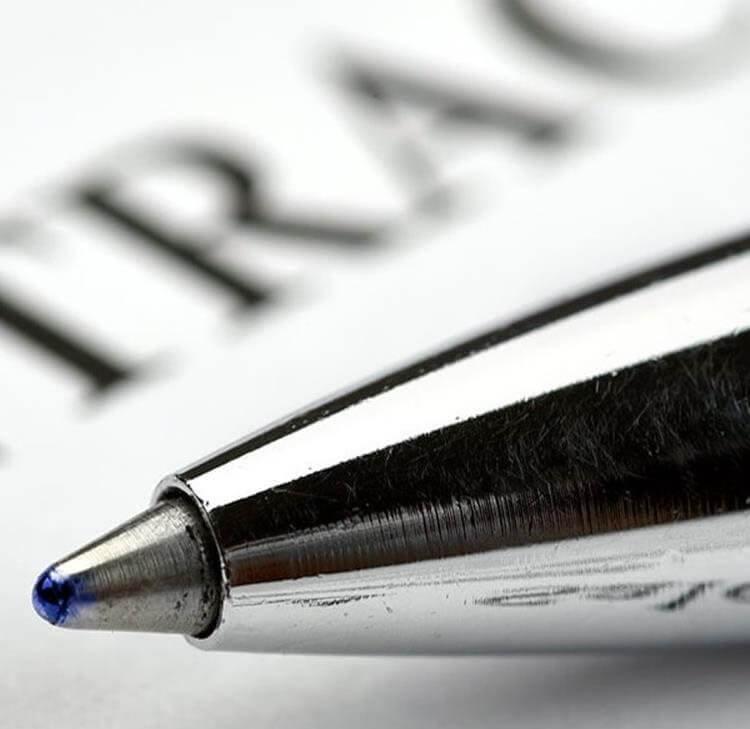The opportunities Freeports provide for industry
We outline how industry can capitalise on the opportunities they present for these regions.
In the Spring Budget 2021 the Chancellor announced the creation of eight Freeports in England at the following locations: East Midlands Airport, Felixstowe and Harwich, Humber, Liverpool City Region, Plymouth, Solent, Thames and Teesside. We outline how industry can capitalise on the opportunities they present for these regions.
Investment hubs to fuel recovery
The areas given Freeport status will benefit from simplified customs rules, a wide range of tax reliefs and government support. The government hopes Freeports will attract investment, creating hubs of expertise and skilled jobs, which in turn will increase opportunities and prosperity in local areas. This is an essential element of the levelling-up agenda.
As the UK has now left the EU, the UK will have the flexibility to adopt a more generous Freeport policy. This is anticipated to drive post-Brexit growth and in turn, support the UK’s post-pandemic economic recovery.
The implementation of Freeports in the UK will be adopted using a bespoke model, which aims to achieve the following three objectives:
- establish Freeports as national hubs for global trade and investment across the UK
- promote regeneration and job creation
- create hotbeds for innovation
The impact and opportunity for corporates
According to Paul Kelly, Strategic Advisory Director at Mace, “the true potential is for Freeports to be the catalyst to shape how those awarded regions harness the benefits for the wider strategic growth and regeneration of their communities. This goes far beyond short-term implementation benefits. How each Freeport is structured and governed to enable long-term, sustainable investment will be the acid test of their effectiveness.”
We expect the biggest immediate opportunity to be for importers, exporters and manufacturers. Freeports will enable the import of materials, manufacturing of goods and incorporation into final products which can then be exported - all without the usual tariffs and with reduced regulation. Businesses in the supply chain who support these manufacturing activities, including logistics and shipping companies, will also benefit as a result.
The investment in infrastructure will play an important role in Freeports, both in facilitating access between nearby industrial clusters, ports, customs zones and in maximising the wider economic impact in the local area. Various service providers and construction companies are expected to benefit from this investment.
Furthermore, to help maximise the regeneration of local areas around Freeports, the government will be increasing investment through various means. This will cover new and enhanced supply chains to meet demand, upgraded local transport links and new housing developments – an exciting prospect for large regional businesses.
The establishment of Freeports to create hotbeds of innovation is also a key objective. The government intends for Freeports to be a dynamic environment to foster innovation, which will allow for the generation and testing of new ideas across a range of sectors from aviation, rail and maritime to emerging green technologies. Each sector has its role to play in driving the decarbonisation agenda (discussed in more detail below).
Businesses should seize the opportunity to collaborate as the success of Freeports will rely, at least partially, on the innovation and expertise developed in each region.
Concerns with Freeports
We acknowledge the criticism from the UK Trade Policy Observatory (UKTPO) which cautions that the wider economic impact of Freeports are mixed, as they depend heavily on the design, infrastructure, capital and availability of skilled labour within the Freeport. The UKTPO further highlights the risk that Freeports don’t generate new economic activity. Instead they divert existing business operations into the area due to the advantageous tax reliefs and customs benefits.
Critics also raise the point that the UK closed seven Freeports in 2012, when the relevant legislation expired as they were deemed unnecessary. Having said that, it is acknowledged that the development and transformation of the London Docklands in the 1980s was largely due to the freedoms of Freeports. It is hoped that such success will be repeated in the next decade.
We anticipate the benefits of Freeports will be far wider reaching than similar models such as Enterprise Zones. This is likely given that the UK are no longer subject to the EU state aid rules, which always posed a challenge to the concept of Freeports.
The types of tax relief expected at Freeports
Whilst the proposals are still being reviewed and are subject to approval, the following tax reliefs are expected:
- Enhanced capital allowance of 100% for companies investing in plant and machinery for use at Freeport sites
- Enhanced 10% rate of Structures and Buildings Allowance for firms constructing or renovating non-residential buildings or structures in Freeport sites
- Full business rates relief
- Full relief from stamp duty land tax on the purchase of land or property at Freeport sites
- National insurance contributions relief
Contribution to the decarbonisation agenda
Freeports present a welcome opportunity for the government to drive the decarbonisation agenda, in line with the UK’s target of net-zero emissions by 2050. It’s expected that these regions will become innovation hubs, which will enable businesses to further invest in low-carbon technologies by testing new ideas and green technologies.
For example, the East Midlands’ bid for Freeport status included plans to significantly increase investment and drive innovation in alternative energy sources and green technologies. The opportunity to accelerate green innovation will be supported by local small to medium enterprises and large businesses operating in the region, including Rolls Royce, Toyota and Bombardier.
Interestingly the SNP Scottish government, who initially opposed Freeports, now have plans to introduce its own scheme of ‘green ports’. The green ports model will adapt the UK Freeports proposal and will focus on inclusive growth, fair working practices and delivering a net-zero economy by supporting green innovation.
The UK government are still formulating the details around Freeports and their usage. As these details emerge we can share these with you, advise on their potential impact and explore opportunities to help you get involved in the discussion and make your views heard.
Find out more
Browne Jacobson has given wide ranging advice in relation to the establishment of Freeports and their key features and advantages. We are keen to discuss this with you, hear your views and explore the opportunities for your business. Please feel free to get in touch with Declan Cushley to discuss further.
Contact

Declan Cushley
Partner
declan.cushley@brownejacobson.com
+44 (0)20 7965 3991















